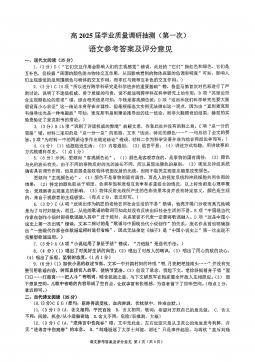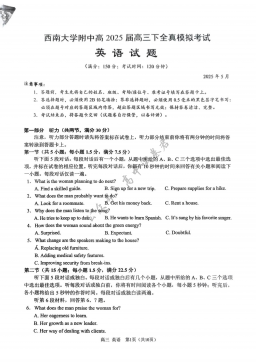Place; to take along an apple or a cold buckwheat bannock for lunch and sit all
day in the dry sunlight among the reeds, watching the slow green water run and
the cloudshadows change slowly on the mountains. But if you squealed with
excitement when the line tensed and you swung in a flat, glittering fish to flop
on the riverbank and drown in air, then Mebbeth would hiss like an adder, "Be
still, you screeching fool!" Mebbeth, who served in the Godking's temple, was a
dark woman, still young, but hard and sharp as obsidian. Fishing was her
passion. You had to keep on her good side, and never make a sound, or she would
not take you out to fish again; and then you'd never get to the river except to
fetch water in summer when the wells ran low. That was a dreary business, to
trudge through the searing white heat a half mile down to the river, fill the
two buckets on their carrying pole, and then set off as fast as possible uphill
to the Place. The first hundred yards were easy, but then the buckets began to
grow heavier, and the pole burned your shoulders like a bar of hot iron, and the
light glared on the dry road, and every step was harder and slower. At last you
got to the cool shade of the back courtyard of the Big House by the vegetable
patch, and dumped the buckets into the great cistern with a splash. And then you
had to turn around to do it all over again, and again, and again.
Within the precincts of the Place -that was all the name it had or needed,
for it was the most ancient and sacred of all places in the Four Lands of the
Kargish Empire- a couple of hundred people lived, and there were many buildings:
three temples, the Big House and the Small House, the quarters of the eunuch
wardens, and close outside the wall the guards' barracks and many slaves' huts,
the storehouses and sheep pens and goat pens and farm buildings. It looked like
a little town, seen from a distance, from up on the dry hills westward where
nothing grew but sage, wire-grass in straggling clumps, small weeds and desert
herbs. Even from away off on the eastern plains, looking up one might see the
gold roof of the Temple of the Twin Gods wink and glitter beneath the mountains,
like a speck of mica in a shelf of rock.
That temple itself was a cube of stone, plastered white, windowless, with
a low porch and door. Showier, and centuries newer, was the Temple of the God-
king a little below it, with a high portico and a row of thick white columns
with painted capitals - each one a solid log of cedar, brought on shipboard from
Hur-atHur where there are forests, and dragged by the straining of twenty slaves
across the barren plains to the Place. Only after a traveler approaching from
the east had seen the gold roof and the bright columns would he see, higher up
on the Hill of the Place, above them all, tawny and ruinous as the desert
itself, the oldest of the temples of his race: the huge, low Hall of the Throne,
with patched walls and flattish, crumbling dome.
Behind the Hall and encircling the whole crest of the hill ran a massive
wall of rock, laid without mortar and half fallen down in many places. Inside
the loop of the wall several black stones eighteen or twenty feet high stuck up
like huge fingers out of the earth. Once the eye saw them it kept returning to
them. They stood there full of meaning, and yet there was no saying what they
meant. There were nine of them. One stood straight, the others leaned more or
less, two had fallen. They were crusted with gray and orange lichen as if
splotched with paint, all but one, which was naked and black, with a dull gloss
to it. It was smooth to the touch, but on the others, under the crust of lichen,
vague carvings could be seen, or felt with the fingers - shapes, signs. These
nine stones were the Tombs of Atuan. They had stood there, it was said, since
the time of the first men, since Earthsea was created. They had been planted in
the darkness when the lands were raised up from the ocean's depths. They were
older by far than the God-kings of Kargad, older than the Twin Gods, older than
light. They were the tombs of those who ruled before the world of men came to
be, the ones not named, and she who served them had no name.
She did not go among them often, and no one else ever set foot on that
ground where they stood, on the hilltop within the rock wall behind the Hall of
the Throne. Twice a year, at the full moon nearest the equinox of spring and of
autumn, there was a sacrifice before the Throne and she came out from the low
back door of the Hall carrying a great brass basin full of smoking goat's blood;
this she must pour out, half at the foot of the standing black stone, half over

 2024-12-06 5
2024-12-06 5
 2024-12-06 12
2024-12-06 12
 2024-12-06 30
2024-12-06 30
 2024-12-06 27
2024-12-06 27
 2024-12-06 33
2024-12-06 33
 2024-12-06 14
2024-12-06 14
 2024-12-06 38
2024-12-06 38
 2024-12-06 18
2024-12-06 18
 2024-12-06 50
2024-12-06 50
 2024-12-06 31
2024-12-06 31








 渝公网安备50010702506394
渝公网安备50010702506394
